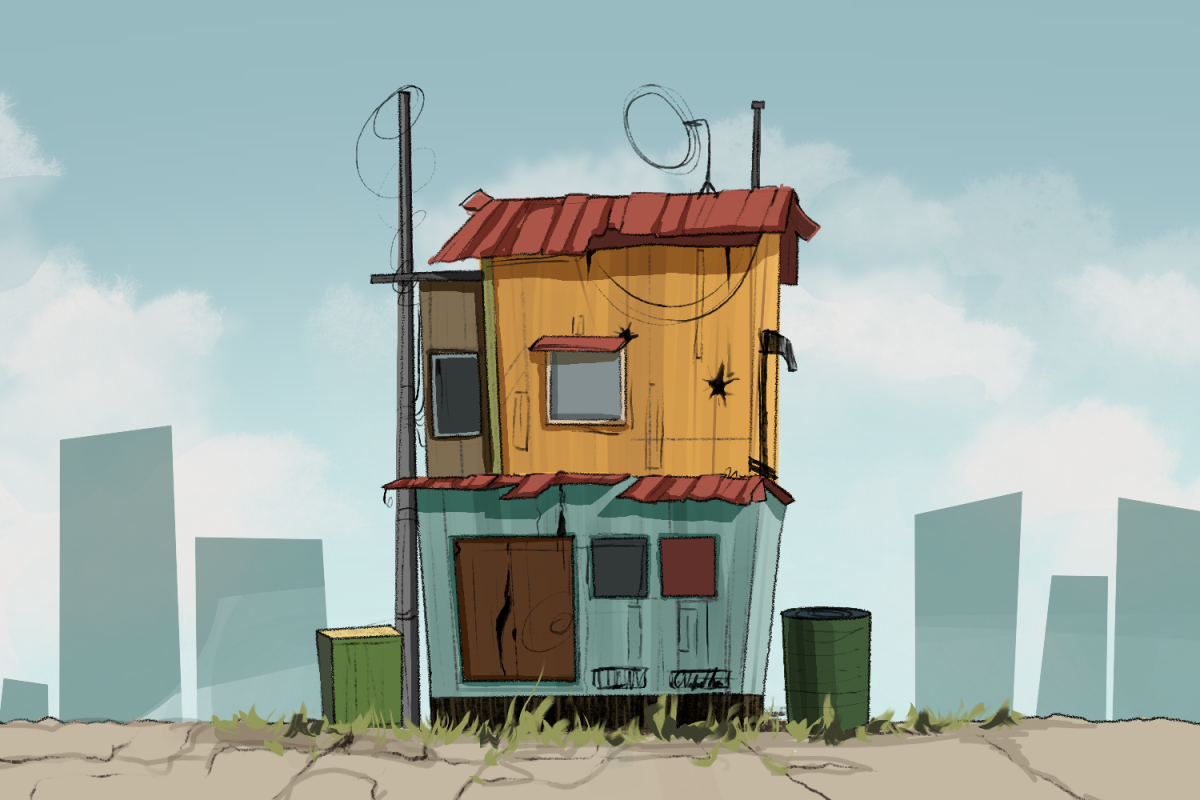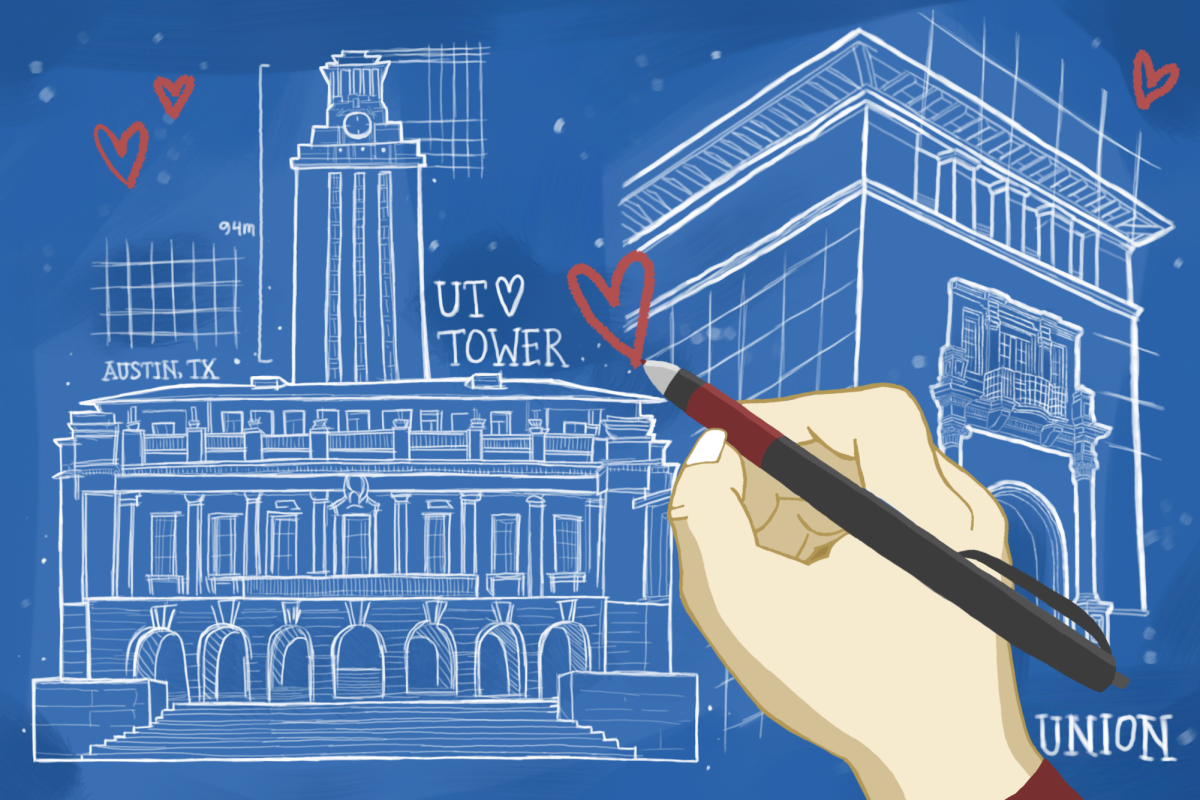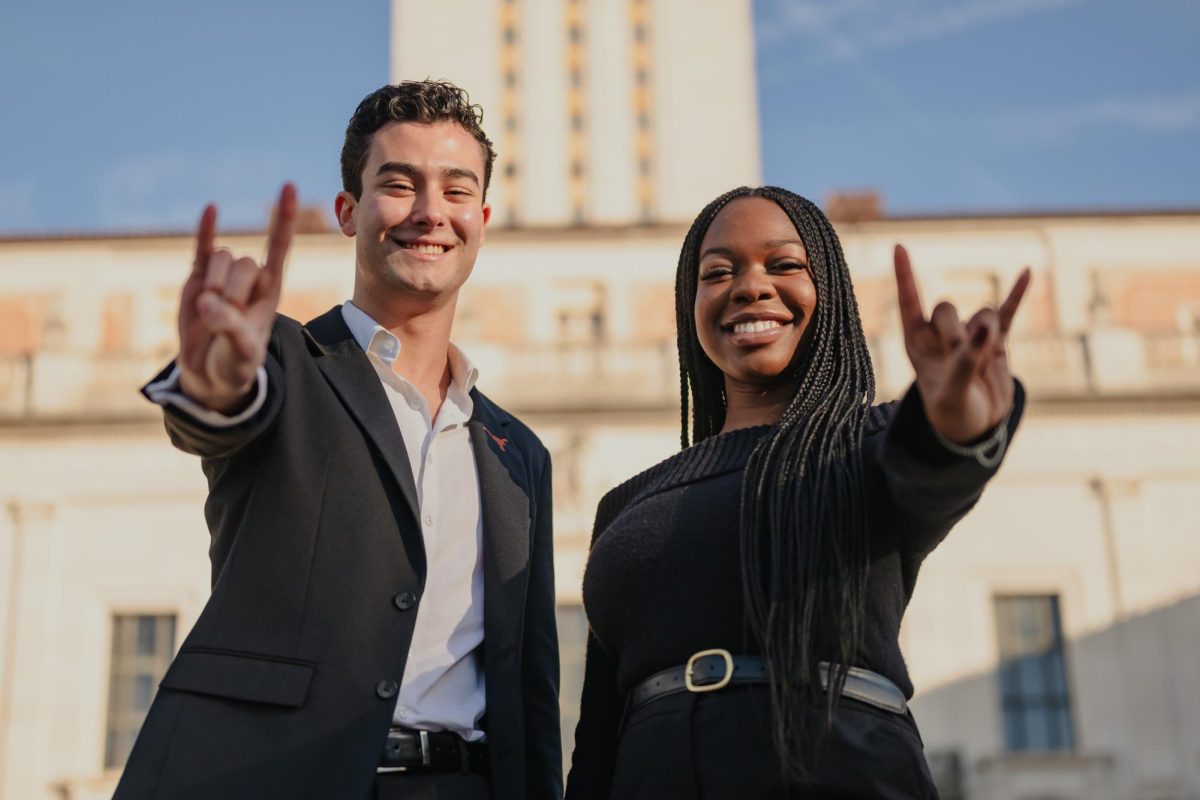After six years away, I returned to India, the place I spent every other summer as a child. While excited to reunite with family and revisit the country’s charms, I was unprepared for how different everything would feel. The India of my memory was worlds away from the India before my eyes.
India’s ability to grow and improve was wildly impressive, and talking to my relatives and friends showed how passionate people were about instituting new innovations and ideas to benefit the people. Udaipur’s lakes had been meticulously cleaned after pollution issues had arisen in the past. Delhi flaunted stunning sites, like the Taj Mahal or temples with impressive architecture — many of which were owned by entities that devoted many hours a day to maintaining the facilities for people to use.
Each city had grown out of many of the problems that existed in the years prior. I was inspired by the local culture of commitment to the upkeep of these monuments. I realized the importance of engaging in the communities around us, as everyone worked tirelessly toward the beautification of these sites, and these labor-intensive tasks were only possible due to dedication from every individual.
After experiencing the rich cultures of Delhi and Udaipur, I arrived in Mumbai and reveled in the familiar racket of car horns and sizzling street food. Yet the city streets, once intimately known, now felt completely foreign. The roads had been significantly improved, and I no longer saw warnings for potholes on the main roadways. Mumbai’s infrastructure had skyrocketed, with highways reaching heights resembling those here in Texas. I remarked on these changes to my uncle. “Mumbai has moved on,” he said. “You’ve been away too long.”
My journey back to India proved that change, although jarring at times, resembles a strive toward a stronger, more resilient community. It taught me to approach both old and new environments with open eyes and an inquisitive spirit. Now back at UT, I aim to apply the same lessons, embracing our community not as I presume it to be but to learn more about it and how it can improve.
UT’s campus culture evolves constantly, with student body changes or new construction altering the landscape. Periodically reassessing our environments is essential to avoid misguided presumptions because knowing more about the communities you’re involved in can help encourage improvement and change. This is why we write opinion columns and why students create organizations to fill gaps in UT Austin’s inclusivity. We spend vast amounts of our time here, and one of our roles as students is to be informed and engaged members of our communities.
Through seeking to understand our campus and its culture, we can foster meaningful connections and enact positive change. The University is not static. It evolves every day through the ideas, identities and interactions of its community members. We must engage thoughtfully and introspectively with our peers if we wish to leave UT better than we found it.
Narwekar is a philosophy and economics sophomore from Coppell, Texas.














